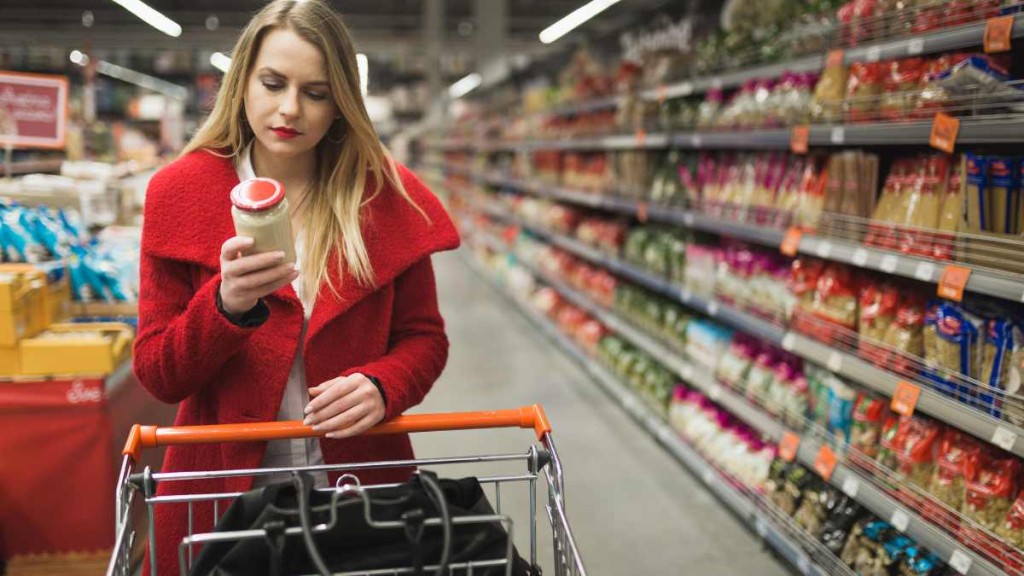Shoppers across the UK are struggling to find fresh fruit and vegetables as supermarket shelves remain sparse. Major retailers, including Tesco, Aldi, Asda, Morrisons, and Lidl, have introduced rationing to manage dwindling supplies of popular items like tomatoes, cucumbers, and peppers. This shortage, which is affecting customers nationwide, has left many frustrated, with some criticising supermarkets for poor planning.
The supermarkets have attributed the shortages to severe weather conditions in Spain and Morocco, where heavy rainfall, thunderstorms, and even snowstorms have disrupted farming and transportation. However, the National Farmers’ Union (NFU) suggests that rising energy costs have also played a significant role, making it a more complex issue than just the weather.
Affected Supermarkets and Their Response
As the supply crisis continues, supermarkets have been forced to introduce purchasing limits. Tesco has restricted customers to buying just three items per person of tomatoes, peppers, and cucumbers, while Aldi has imposed similar limits. Morrisons has capped purchases of tomatoes, lettuce, cucumbers, and peppers at two per person. Asda, facing the most severe shortages, has limited customers to three items per person across a broader range, including salad bags, broccoli, and raspberries. Lidl also announced rationing, restricting purchases of tomatoes, peppers, and cucumbers to three per person.
A spokesperson for Lidl explained that the adverse weather in Spain and Morocco has significantly impacted the availability of salad items, though the store is still managing to maintain good stock in other areas. These restrictions are seen as temporary, but it remains unclear how long they will last.
What’s Causing the Shortages?
The shortage began with tomatoes but has since expanded to other produce, including peppers, cucumbers, broccoli, lettuce, and raspberries. Although the weather in Spain and Morocco has been cited as the primary cause, experts believe that other factors are also contributing. Brexit has made the UK more reliant on produce from Morocco, meaning any disruption in that region has a direct impact on British supermarket shelves.
Additionally, rising energy costs are affecting domestic production, with some UK farmers unable to afford the heating needed to grow vegetables in greenhouses. Former Sainsbury’s CEO, Justin King, remarked that Brexit had severely impacted the ability of UK growers to produce tomatoes, peppers, and cucumbers. With fewer British-grown options available, the reliance on imports has made the UK vulnerable to weather-related disruptions.
When Will the Shortages End?
The shortages may persist for several more weeks as UK growers enter their growing season, which could help alleviate the situation. However, the British Growers Association has expressed concerns that the issue may not be resolved quickly, as some farmers are choosing not to plant vegetables this year due to poor returns.
Experts warn that the food shortages could last throughout the year if these production issues persist. Phil Pearson, group development director at APS Produce, predicts that the tomato shortage may continue until May, adding to the uncertainty about when full stocks will return to supermarket shelves.
While retailers are seeking alternative suppliers, the unpredictable nature of the current crisis means that shoppers may have to endure rationing for the foreseeable future.


